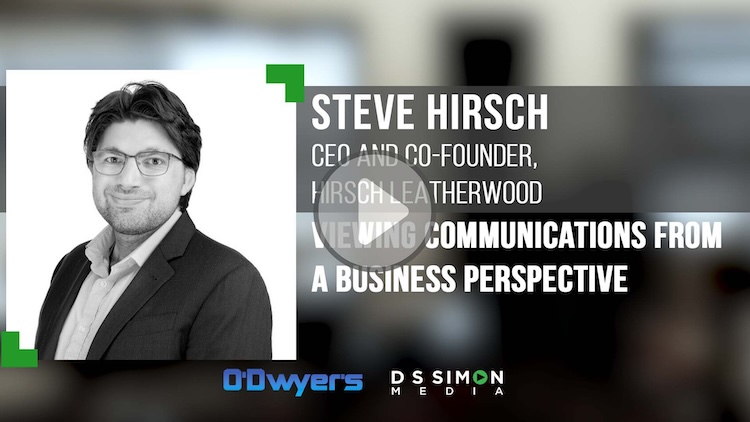|
|
Chris Christie had one objective during Saturday’s New Hampshire Republican debate: to destroy Marco Rubio. He succeeded.
“I like Marco Rubio,” the New Jersey Governor deadpanned, “but he doesn’t have the experience to be President of the United States.” Christie then spent the next two hours delivering a non-stop, laser like evisceration of the hapless Florida Senator.
Rubio resembled Cam Newton eyeing a fallen fumble, tentative and uncertain, stumbling, stammering, interminably repeating programmed anti-Obama rhetoric and futilely flailing to fend off the fusillade of attacks from his bullying opponent.
Had he been prepared, Rubio would have kept Obama out of it and confronted the bully directly. “Our nation,” he might have said, “needs new leadership with a new vision to replace the tired ideas and failed policies of yesterday’s politicians with inspiration forged by a new generation of young, optimistic and diverse leaders.” Something to that effect.
Inexplicably, Rubio wasn’t prepared, and he lost big. But the biggest loser — despite pundit pronouncements that he had his “strongest performance” — was Chris Christie.
Christie’s attacks on Rubio were as unrestrained as they were unprovoked. Solely because it was Rubio and not Christie or any other “moderate” candidate who emerged from Iowa as a last, best chance to short circuit wild-eyed Donald Trump or evil Ted Cruz, the New Jersey Governor went medieval on the Florida Senator. Stated another way, with his own support drying up and his campaign headed for the scrap heap, Christie decided to take Rubio with him.
Characteristically, Christie declared his bullying rollover of Rubio a clear sign that he was the one candidate “ready to beat Hillary Clinton.” Fat chance.
The bet here is that New Hampshire’s independent voters will send him packing. New Hampshirites can tell the difference between a pretender and the real thing, between posturing and truth.
And the truth, confirmed by Christie’s debate performance, is that the man who only a few years ago was hailed as an “outsider” and potential front-runner for the early Republican presidential nomination, had degenerated into a prevaricating politician, long on bluster and short on achievements.
In point of fact, as two-term Governor of New Jersey, Christie has been a bitter disappointment. (Full disclosure: I voted for him twice!)
Here are the facts:
The people who know him best, the citizens of New Jersey, can’t stand him. His statewide popularity, according to last month’s Fairleigh Dickinson University poll, continues to crater, with only 30 percent of registered voters rating his performance as “favorable” and 59 percent rating it “unfavorable.” After Election Day in 2012, he held 77 percent approval and 17 percent disapproval ratings.
Nearly one-quarter of those polled considered Christie “one of New Jersey’s worst Governors.” And this is a state once governed by Jim McGreevey, who resigned in a sex scandal, and Jon Corzine, who narrowly escaped criminal prosecution after leaving his brokerage firm customers with a $1.5 billion shortfall.
Despite touting his “financial management” in New Hampshire, Christie’s economic record in New Jersey is dreadful. In his two terms as Governor, the state has been steadily downgraded by the bond rating agencies; unfunded public pension fund liabilities have ascended to $40 billion, despite the governor’s campaign promises to increase pension payments; and New Jersey’s tax rates on income, property, estates and inheritances remain among the nation’s highest and continuing cause for wealthy resident capital flight.
And we haven’t even mentioned “Bridgegate.”
The point is that shortly after New Hampshire, Chris Christie, failed New Jersey Governor, will soon become failed Presidential candidate. Marco Rubio, on the other hand, damaged but not mortally wounded by Christie’s withering debate attack, will continue into battle.
One can only hope that if a future American President falls for the Christie line and nominates the big man for Attorney General, one of his interrogators on the Senate Judiciary Committee turns out to be the junior Senator from Florida, Now, that would be sweet.
* * *
Fraser P. Seitel has been a communications consultant, author and teacher for 40 years. He may be reached directly at [email protected]. He is the author of the Prentice-Hall text The Practice of Public Relations, now in its 12th edition, and co-author of Rethinking Reputation and Idea Wise.











 Have a comment? Send it to
Have a comment? Send it to 
No comments have been submitted for this story yet.